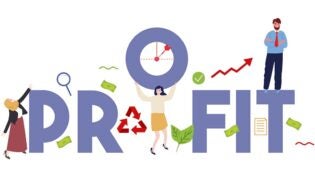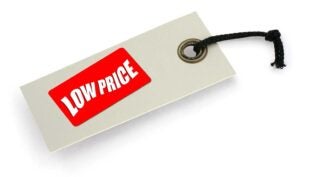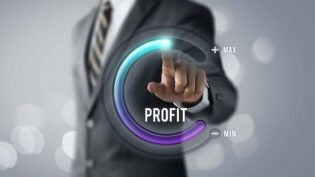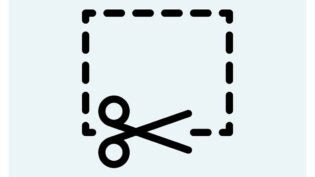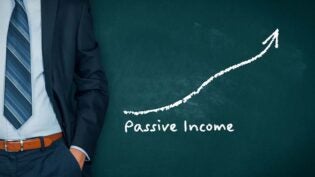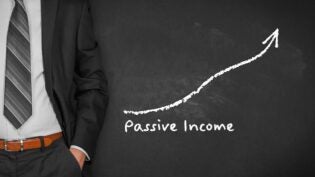
No, this post is not about Aaron Ross’ book, at least directly. It’s about the challenge each sales person and leader faces in achieving their sales goals. How do we create “Predictable Revenue?”
This issue is at the core of most conversations I have with sales people. They are struggling to make their numbers, they face more competition, it’s more challenging to access customers, things seem to be tougher.
These sales people are struggling, trying anything they can to find opportunities, qualify them, move them to closure. Often, it looks like “bumper cars,” at a carnival—events or circumstances push them one way, other things push them another. They are trying to make things happen, there is a lot of activity, but, in reality, they are not making progress to their goals. Or at least not enough deals are progressing in a systematic way to enable them to achieve their goals.
Inevitably, as they describe their circumstances, I ask, “Tell me about your selling process….”
Their reactions are predictable, they roll their eyes, sigh, and respond, “Dave, let’s not talk about this sales process BS, we need to produce results, we need a regular cadence of business! What do we do?”
The problem is, we know the answer to predictable revenue, but we don’t have the courage and discipline to do the things that produce predictable revenue.
Generating the right revenue stream is not rocket science. It’s understanding how to find and qualify the right customers. It’s understanding the critical activities they undertake in their buying process, and the critical sales activities we need to execute to help the customer through their buying process. It’s understanding the levers that enable us to maximize our ability to win, compress the buying cycle (so customer realize value sooner), maximize deal value/margin (enabling customers to “buy into” our value creation).
We do this at scale by looking at the common patterns across our business. Who are the right customers? Why would they be compelled to change? Who is involved in buying? What activities do they go typically go through? What do we need to do to be most helpful in choosing us?
Of course every situation is nuanced and different, but we recognize common patterns and activities in deals where we have achieved success. We see different patterns and activities in deals where we fail.
Pretty soon, we get it, “Do what works, don’t do what doesn’t work!” (People pay me a lot of money for that observation.)
Yes, already you know what I’m talking about. As much as you don’t want to admit it, the secret to predictable revenue is your sales process!
The sales process is simply the collection of your organization’s best practices of doing what works/avoiding what doesn’t work.
We’ve known this for decades. We see top performers doing this all the time—they may call it their system, they may not even be able to articulate it. But watch them, they do the stuff that works all the time, deal after deal after deal. And that’s what makes them top performers.
We know what drive predictable revenue. It’s simple, do what works all the time.
I suspect we resist that. It gets boring, doing the same thing deal after deal. We want to take short cuts. We’re consumed by wishful thinking. We get distracted by the latest shiny object or advice from some self-proclaimed guru. We look at others, copying theirs, rather than recognizing that what makes us successful is different than what makes anyone else successful. Our sales process is unique to us, copying someone else’s is what causes them to be successful, but not what causes us to be successful.
While the concept of the sales process is very simple—do what works, don’t do what doesn’t work, recognize the patterns for success, repeat, repeat, repeat; executing the sales process rigorously is tough. We have to do the work. We have to be deeply engaged with our customers, doing the right things with the right people at the right time.
Whether what we sell is a subscription service the customer pays $100/month for, or capital equipment costing $100s of thousands, or professional services costing millions, we can drive predictability into our revenue streams. It’s about understanding our selling process and executing it rigorously.






